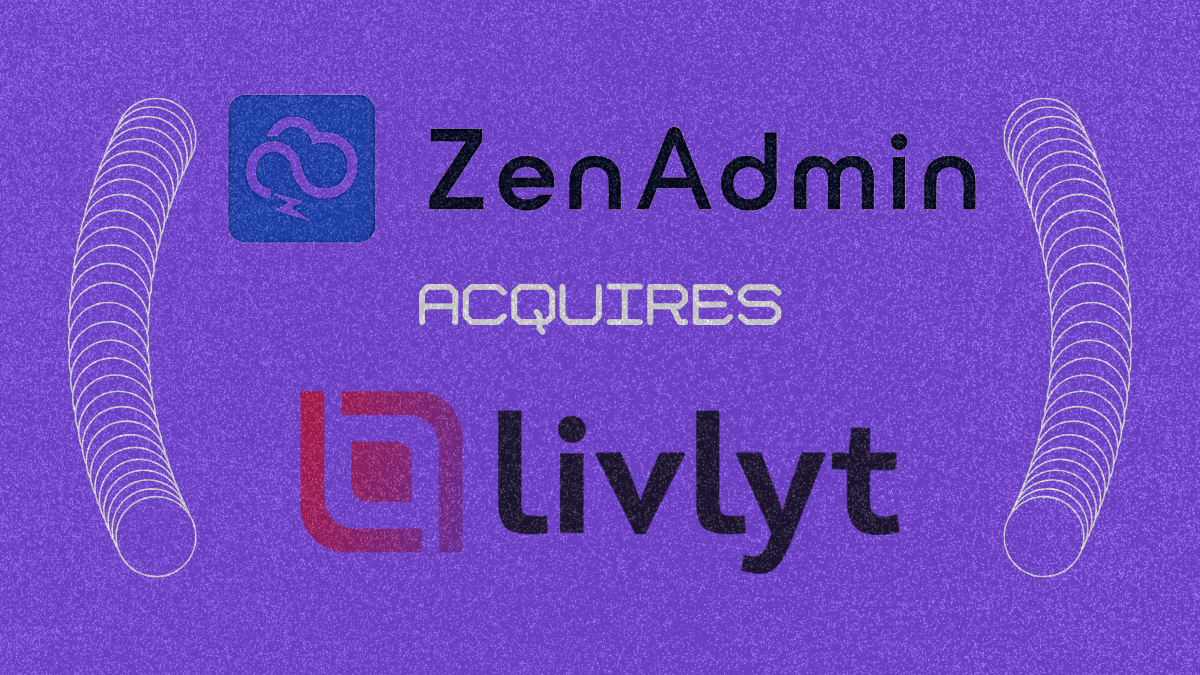Cairo’s Instabug Rebrands as Luciq, Pioneers AI-Driven Mobile Observability

3 min
The Cairo-born startup Instabug has rebranded as Luciq, emphasising its AI-driven solutions.
Luciq aims to advance from bug reporting to predictive issue resolution in mobile observability.
Major investors like Accel support Luciq, with clients such as DoorDash trusting its technology.
The rebrand signifies a potential shift in mobile app development and maintenance practices.
Luciq’s success hinges on proving its AI systems' effectiveness beyond initial enthusiasm.
Instabug, the Cairo-born startup once best known for its bug reporting tools, has unveiled a fresh identity under the new name Luciq. The rebrand marks more than a cosmetic change—it symbolises the company’s push into what it calls Agentic Mobile Observability, a field powered heavily by artificial intelligence.
For years, Instabug carved out a niche supporting mobile developers who needed a clearer picture of app performance and user feedback. Now, with the launch of Luciq, the mission has widened: to move from simple issue reporting to predictive and even autonomous resolution of app-related problems. In plain terms, the platform is leaning on AI to spot troubles before they escalate, cutting down the faff of endless bug fixes and repetitive engineering tasks.
The company counts well-known backers like Accel and Insight Partners, a sign that heavyweight investors see promise in this shift. Clients of note—DoorDash in the US and T-Mobile among them—have already put trust in the technology. And with mobile-first adoption in regions like the Middle East and Africa continuing full tilt, Luciq is positioning itself to ride that wave of growth.
As one company statement put it, “We’re not just rebranding. We’re building a new category in AI and mobile.” Strong words, but not unfounded given how much traditional observability tools have lagged behind the demands of today’s fast-moving software teams. I reckon that’s spot on; too often monitoring tools tell you something’s broken but give no real path to fix it. If Luciq’s predictive systems work as described, it could save teams countless hours—and plenty of headaches.
Of course, no rebrand alone guarantees success. On the flip side, ambitious pivots like this can stumble if the technology doesn’t live up to the promise. Still, having seen how startups in the MENA region adapt quickly, I can’t help but feel a bit chuffed about where this might lead. A few years back, at an Arageek event, I listened to founders complain about the constant firefighting over bugs. One of them joked, “We spend more time patching wires than building towers.” That memory sticks with me, and it makes Luciq’s attempt at automation feel especially relevant.
Luciq’s challenge now lies in proving its AI systems are more than hype. But given its track record, the investor backing, and its early traction with global names, the company seems well placed to redefine how mobile apps are built and maintained. If it pulls this off, developers everywhere could finally move from firefighting to genuine innovation—something that’s been overdue for quite a while. And believe it or not, sometimes a change of name really does change the game. It’s definately one to watch.
🚀 Got exciting news to share?
If you're a startup founder, VC, or PR agency with big updates—funding rounds, product launches 📢, or company milestones 🎉 — AraGeek English wants to hear from you!
✉️ Send Us Your Story 👇
 AI
AI Saudi Arabia
Saudi Arabia UAE
UAE Egypt
Egypt








